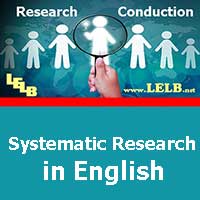Declarative vs Procedural Knowledge in Language Learning
Declarative vs procedural knowledge written by Dr. Mohammad Hossein Hariri Asl with a video or podcast in the category of TESOL or TESL issues Author: Dr. Mohammad Hossein Hariri Asl Video of declarative vs procedural knowledge Watch this video on YouTube. Background Following a brief history of the emergence of the declarative / procedural distinction…


